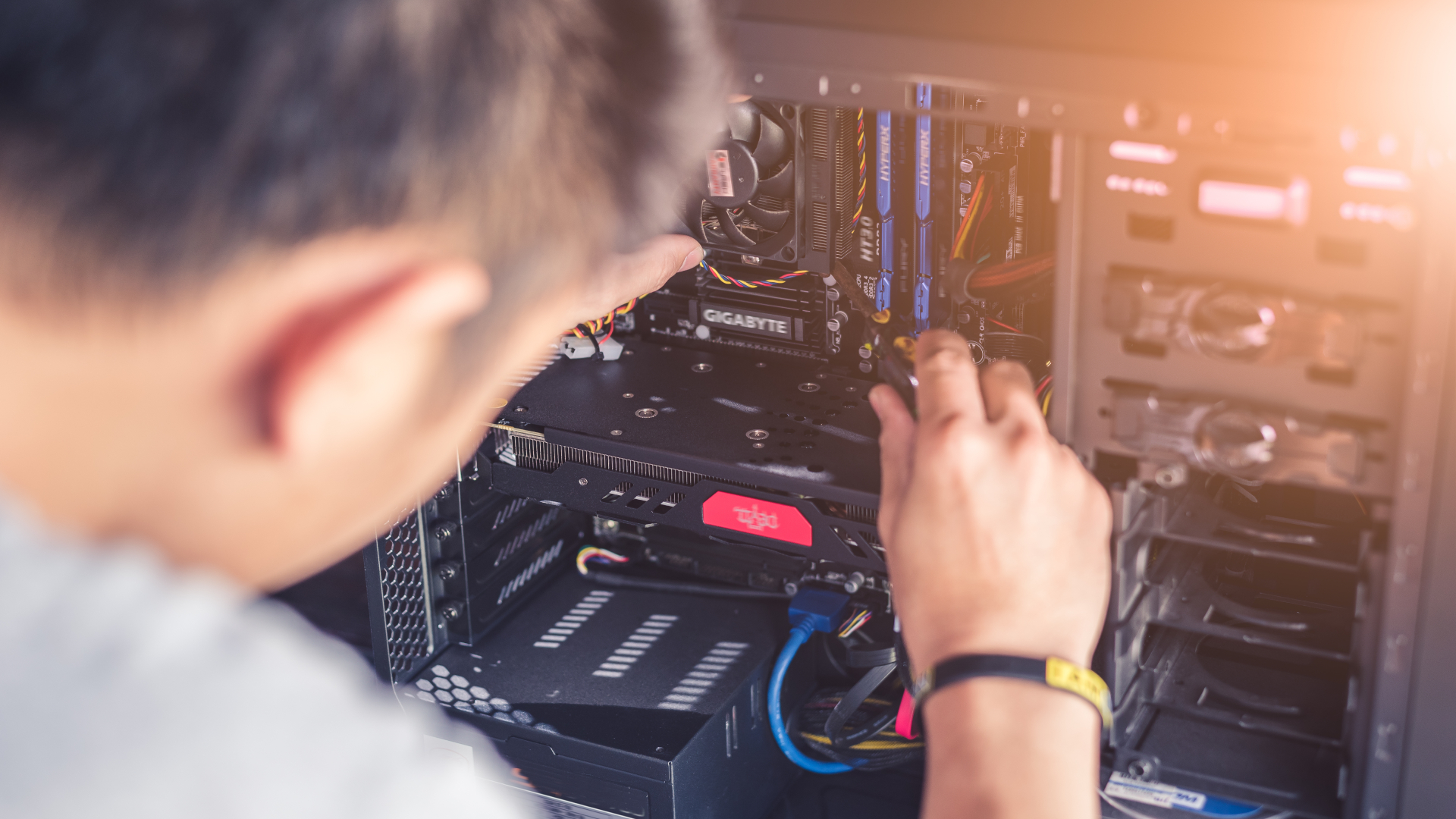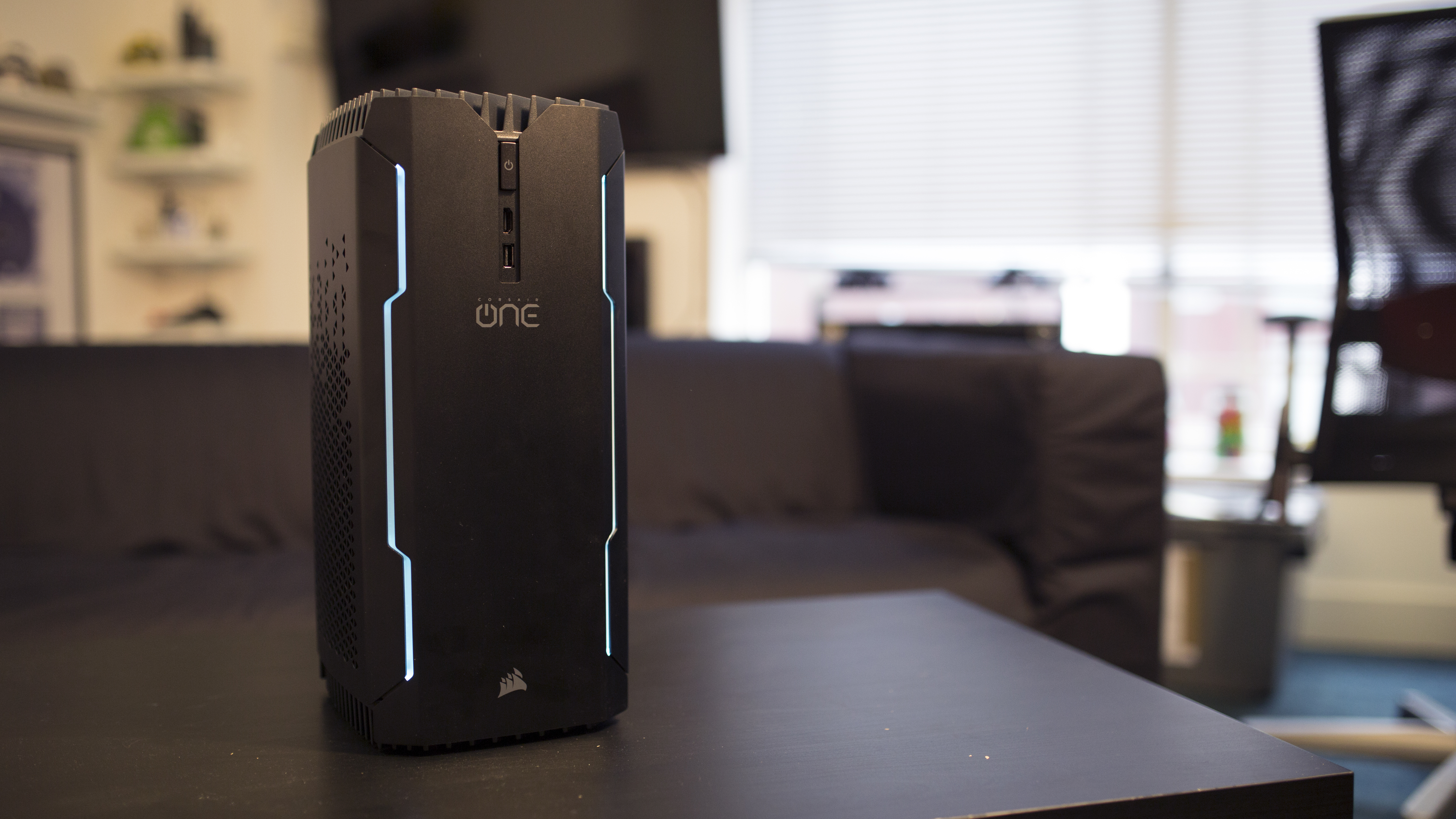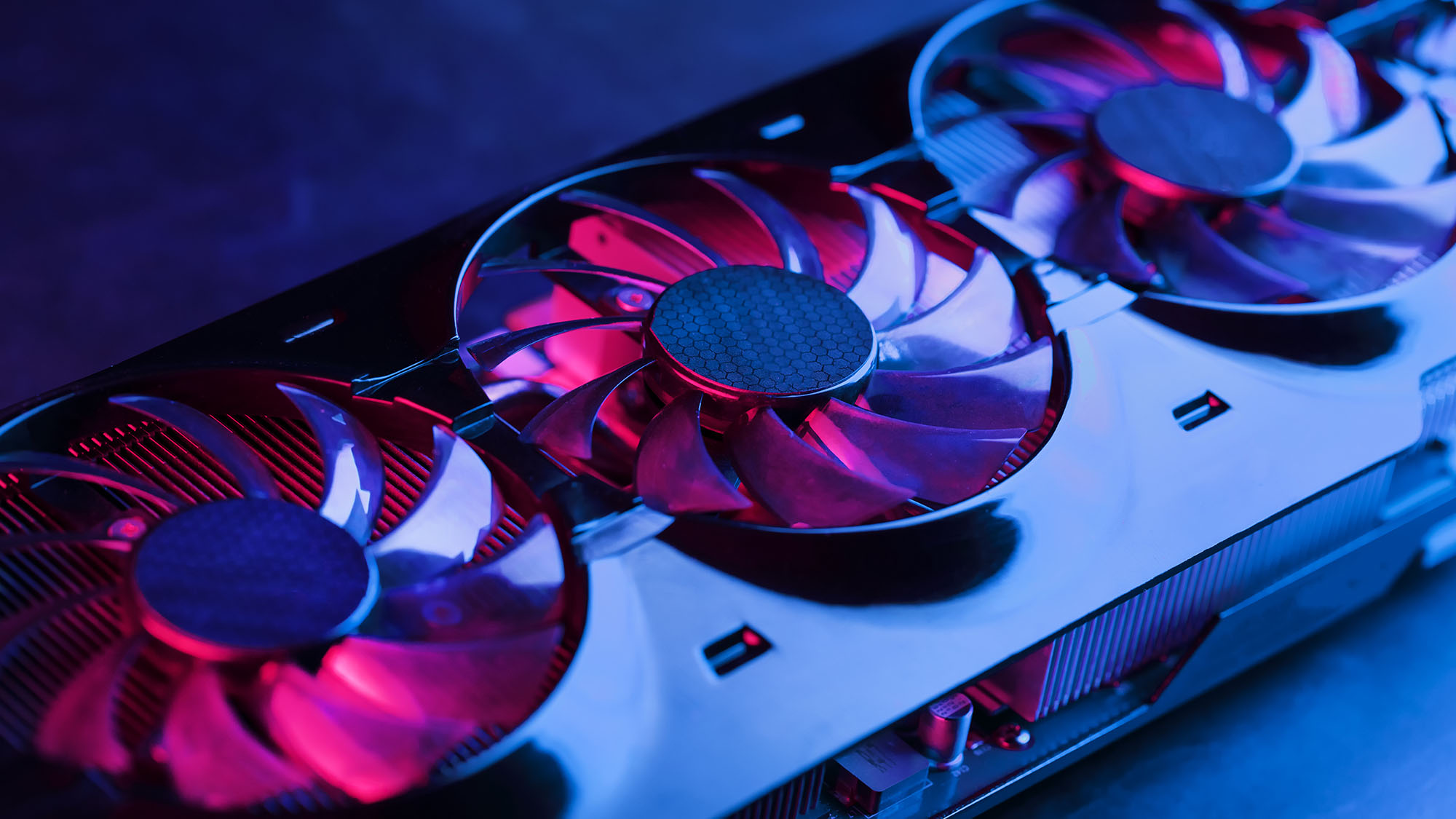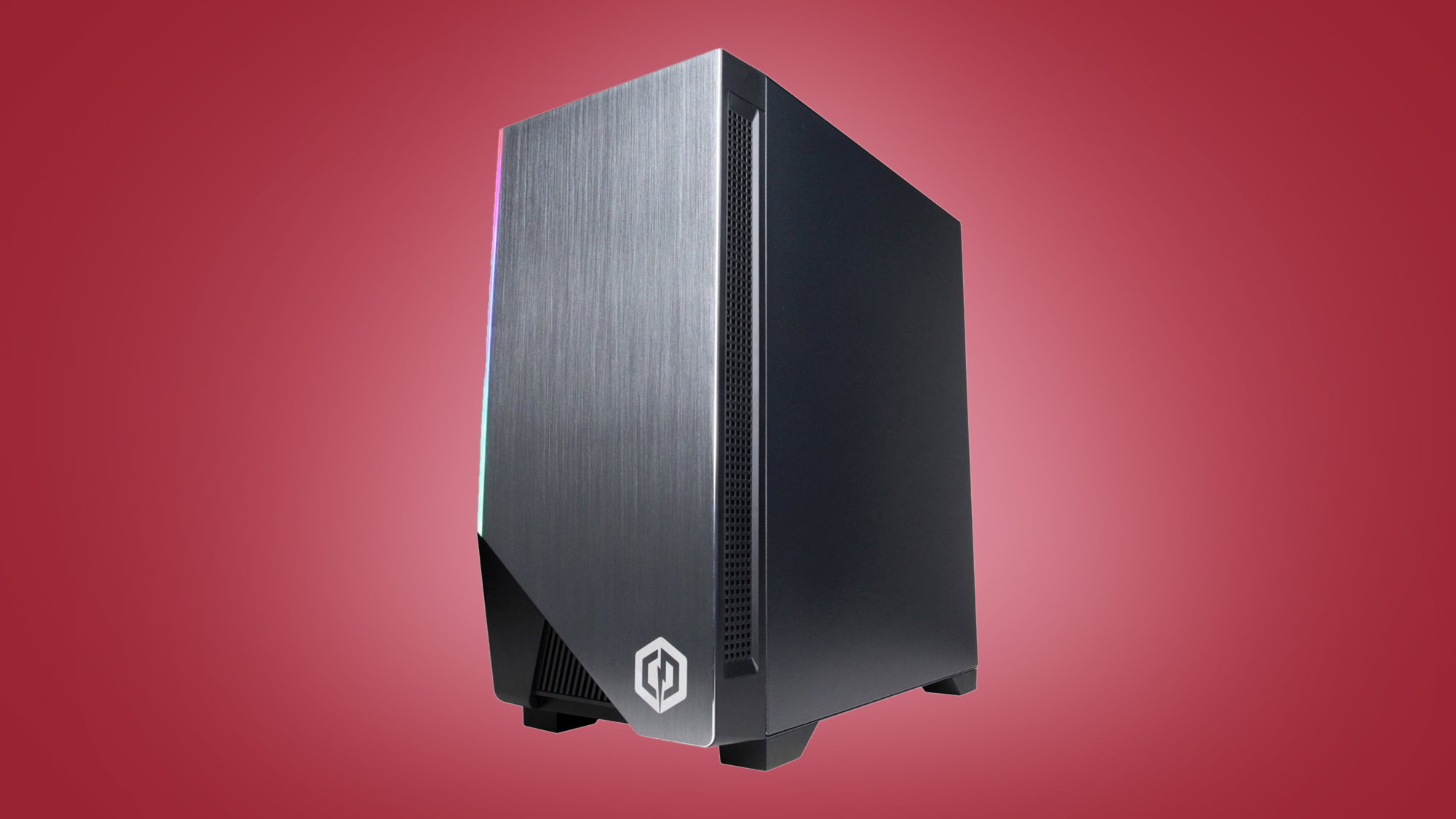Built vs Bought: why prebuilt systems are always superior to custom gaming PCs
...and yet I'd probably still build my own anyway

Oh boy, inflammatory headline up there, you bet - but it's kinda true. Let me preface this with the fact that I am a professional system builder, at least in the world of tech journalism. At last count, I had completed something like 90 published build logs. Everywhere from online, for Techradar, Tom's Hardware, PC Gamer, and in print at Maximum PC magazine. I've done a lot with it. It's my bread and butter, encouraging good folk to forsake the shackles of corporate gaming PC system integrators and instead take the reigns in the pursuit of building their own bespoke rig perfect for them. It's a big part of what I do. It's literally the entire reason I have a career to begin with, and I'm very aware of that.
I still love system building, I do - and I'd encourage everyone to keep building their own rigs. That said, I'd be a liar if I didn't recognize the significant advantages that come from just buying one of the best gaming PCs you can get off the shelf, from the likes of iBuyPower, Origin, Corsair, CyberPower, or whoever your favorite system builder is.

The honest truth is that, unless you're an IT god who's spent years pruning over every little detail of system building with intimate knowledge of all of the latest and greatest hardware and its caveats, you're just not going to be able to compete with a consummate professional who's day job it is is to build gaming PCs for these companies. It's like comparing your dad's "famous" chili con carne recipe (because, let's face it, everyone's dad has a chili recipe that takes a full 12 hours of stewing in a crockpot for some unknown reason) to Gordon Ramsay's. Like yeah, it's good, but it's not going to blow up your palette and scream profanities at you while it does so.
The Cost
Enough fluff; why am I so enamored with system builders? Is it because I worked at Corsair years ago and secretly hate the job I've created for myself? No. It's not. That's sarcasm, by the way.
Nope, the biggest reason, by far, is cost and access. During the COVID-19 pandemic, I watched as the entire tech industry imploded on itself as the working-from-home boom erupted to the forefront of our little industry. Good people scrambled for hardware and components. Combine that with the global chip shortage and supply chain issues, plus the crypto craze and unscrupulous scalpers sucking up every graphics card they could get their grubby little mitts on, and the outcome was obvious. Building a custom rig was damn near impossible, at a reasonable price anyway. Even getting access to the hardware via traditional avenues was an insurmountable task.
At the time, the only people who could get a healthy supply of Nvidia and AMD graphics cards were the system builders and integrators. They had a direct line of access to Nvidia, AMD, Intel, and their AIB partners. That's a good enough reason to start with, particularly with the ongoing RTX 50 series shortages we're currently seeing, mimicking that same drama from 2020.

Then there's the cost. The thing is, most system builders aren't building three or four gaming PCs a week; they're building several hundred. That requires ungodly amounts of graphics cards, processors, RAM, motherboards, you name it. What that means is they buy them in by the pallet. We're talking 1,000 GPUs at a time, or more. Bought at a reduced price, sometimes several hundred bucks off what you'll see at Scan, Amazon, or Newegg, and of course usually tax-free. It's a similar reason as to why consoles are still so cost-effective by comparison (ever tried building a similarly priced PC to a PS5 Pro? It's nigh-impossible). So straight out of the gate, doing it yourself, you have to compete with a company that has access to combined savings across pretty much every component you can imagine, and can then write that tax off too.
Sign up for breaking news, reviews, opinion, top tech deals, and more.
Build costs are fairly minimal as well. Once you're experienced enough and have a template, any reputable PC builder can finish a fairly slick rig in under 60 minutes, ready for an OS install and more, so there's little cost on the labor front too - per unit, anyway.
Quality Control
And then there's the overall quality of the rig. Not only can you be sure that your pre-bought system is going to be built to spec and to a high standard (as long as you're buying from a trustworthy company that isn't cutting corners), but all of the compatibility issues, software problems, and things of that ilk will be sorted for you before it even lands on your doorstep.
You don't have to worry about BIOS updates, or accidentally buying the wrong PCIe SSD for your motherboard, or getting too small a power supply, or cooler installation, or memory frequency motherboard incompatibility, or anything along those lines.
Cable management, cooling, overclocking—all of it is going to be finely dialed from the jump. It'll just work straight out of the gate. Yes, you might have to go in and uninstall whatever aftermarket antivirus they've chucked on there once it arrives, but aside from that, it's almost immediately plug and play, and when time is a luxury, that's a big advantage.

Just Buy It?
So, chuck everything away then, close that PCPartPicker tab, and just buy a prebuilt, then? Well, yes and no. It's like your car, right? You're always going to get the folk who go around and build their own, tweak the ones they've got, and get ridiculous horsepower out of an engine in ways that shouldn't be possible. Usually for some ridiculous investment of time or sum of money along the way.
Or, alternatively, you could save the drama and just buy a 400-horsepower EV, or whatever your engine of choice is, straight off the shop floor, with few issues if any, and do 100 MPH in less than 5 seconds. More than enough for the average Joe. And you don't have to deal with any of the building, or the worrying, or the waiting.
But - and here's the caveat that keeps me in custom PC territory - you'll be driving down the road with your brand new car, ripping up the tarmac, and within ten minutes, you'll see the exact same model drive by, and they'll flash their lights at you, give you a wave, and you'll be like, "Damn, I could've had something special instead".
I love building PCs; I do. I love tinkering, choosing the parts, the theme, the colors, and even the RGB, but if I didn't do what I do as a day job and I needed something that just worked, without a doubt I'd just grab one off the shelf instead.
You might also like...

Zak is one of TechRadar's multi-faceted freelance tech journalists. He's written for an absolute plethora of tech publications over the years and has worked for Techradar on and off since 2015. Most famously, Zak led Maximum PC as its Editor-in-Chief from 2020 through to the end of 2021, having worked his way up from Staff Writer. Zak currently writes for Maximum PC, TechRadar, PCGamesN, and Trusted Reviews. He also had a stint working as Corsair's Public Relations Specialist in the UK, which has given him a particularly good insight into the inner workings of larger companies in the industry. He left in 2023, coming back to journalism once more. When he's not building PCs, reviewing hardware, or gaming, you can often find Zak working at his local coffee shop as First Barista, or out in the Wye Valley shooting American Flat Bows.
You must confirm your public display name before commenting
Please logout and then login again, you will then be prompted to enter your display name.